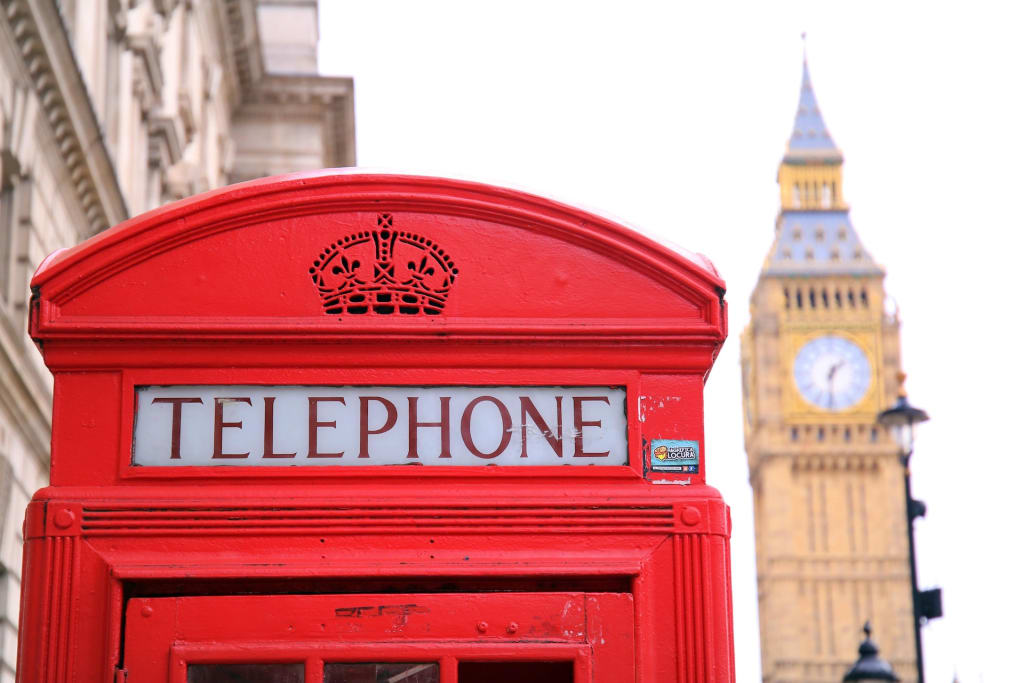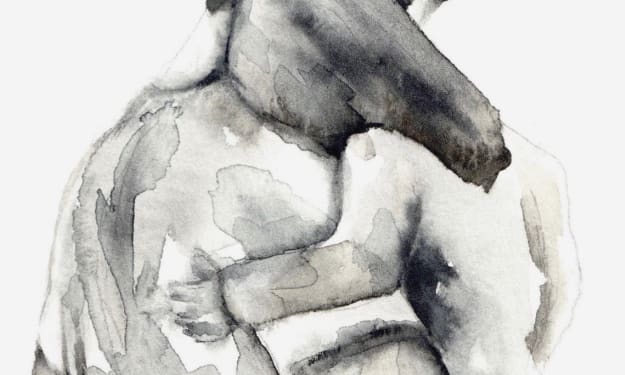The Secret Records the British Empire Refused to Let Anyone See
The Mysterious Records the British Empire Didn't Want You to See

Examine the British government's Operation Legacy policy, which involved hiding compromising records from its former colonies. Five Kenyans presented a petition to the British Prime Minister in 2009.
When the British colonial government ruled Kenya in the 1950s, they claimed that they had experienced human rights violations and asked for compensation. Although there was no hard evidence that Britain had approved the torture techniques, thousands of hidden files were just waiting to be found. Audra Diptée examined these Operation Legacy records.
Five Kenyans sent a petition to the office of the British Prime Minister in 2009. When the British colonial government ruled Kenya in the 1950s, they claimed that they had experienced human rights violations and asked for compensation. Their statements were disputed despite the fact that they had vivid accounts and visible scars from their encounters.
At least not yet, they had no written proof that Britain had authorized the use of torture against Kenyans. Thousands of classified documents were just waiting to be found. 2010 saw the addition of a historian as an expert witness who testified that he had seen references to lost documents. They pointed out that the British government had consistently rejected Kenya's requests for the return of papers that had been stolen.
In fact, a lot of historians thought the records might be incomplete. The court therefore mandated the disclosure of any pertinent records. Days later, British officials confirmed that a high-security archive was home to 1,500 relevant files. As part of a broad colonial British program known as Operation Legacy, it quickly became apparent that they were just a small sample of the records that Britain had concealed between the 1950s and 1970s, as former colonies proclaimed their independence.
British colonial officers were instructed to delete or destroy any documents that would implicate the country and be strategically important to the emerging nations. They were given orders to remove, change, or covertly bring these documents to the UK. Documents that were to be destroyed were to be either burned to ashes or dumped in crates with weights far from shore.
An unaffiliated historian testified during the trial that between 2010 and 2013, they had discovered more than 20,000 previously hidden Operation Legacy files from 37 former colonies. The so-called "Special Collections" of the archive, which contain an estimated 1.2 million colonial files, were also made public. And only the documents that the British army had preserved were these.
It is unknown how many were destroyed as well as what data they held. In Kenya, over 3.5 tons of colonial papers were set for destruction. The ultimate goal of Operation Legacy was to conceal important truths. “If we are going to sin, we must sin subtly,” said the British attorney general in Kenya.
What actually transpired in Kenya, then? The British government began forcibly displacing people from their ancestral lands in 1895, giving the most fertile regions to European settlers to set up extensive farms. They imposed forced labor laws, established reservations for indigenous African populations, and imposed travel restrictions on them. The Kenyan populace fought these incursions right away and gradually became more organized. One group, the Kenya Land and Freedom Army, sought to topple the colonial authority and violently expel European settlers.
In 1952, when the British proclaimed a state of emergency, they were allowing themselves to implement ordinarily prohibited exceptional measures to reclaim power. People who were suspected of being part of the resistance were subjected to terrible abuses, according to the recently released Operation Legacy records.
The British executed nearly 1,000 people who were found guilty of being terrorists between 1952 and 1959, imprisoned over 80,000 others without charge or trial, and used harsh interrogation and surveillance methods. Some people received fatal beatings. Others suffered castrations or rapes. Many endured years of wrist shackles.
There were child deaths. One individual was killed by burning. Ndiku Mutwiwa Mutua testified that he was tied and blinded while being castrated. Wambugu Wa Nyingi claimed he was beaten, hung upside down, and splashed with water until he could hardly breathe.
Jane Muthoni Mara claimed she was imprisoned for years without reason and sexually assaulted with a hot bottle. The British government apologized formally and reached an out-of-court cash settlement with the 5,228 Kenyan claimants who were ultimately involved in the case as a result of the new evidence.
The initial five claimants had already made history, and they had opened the way for its legal revision. The unearthed documents dispel widespread misconceptions about British colonialism as a kind organization that generously granted independence to its subjects after bringing freedom and democracy to them. Rather, the recently discovered evidence supports what many individuals already knew to be true because they saw it firsthand and survived to save history from the abyss.
About the Creator
Althea March
I am a writer who searches for facts to create compelling nonfictional accounts about our everyday lives as human beings, and I am an avid writer involved in creating short fictional stories that help to stir the imagination for anyone.






Comments
Althea March is not accepting comments at the moment
Want to show your support? Send them a one-off tip.